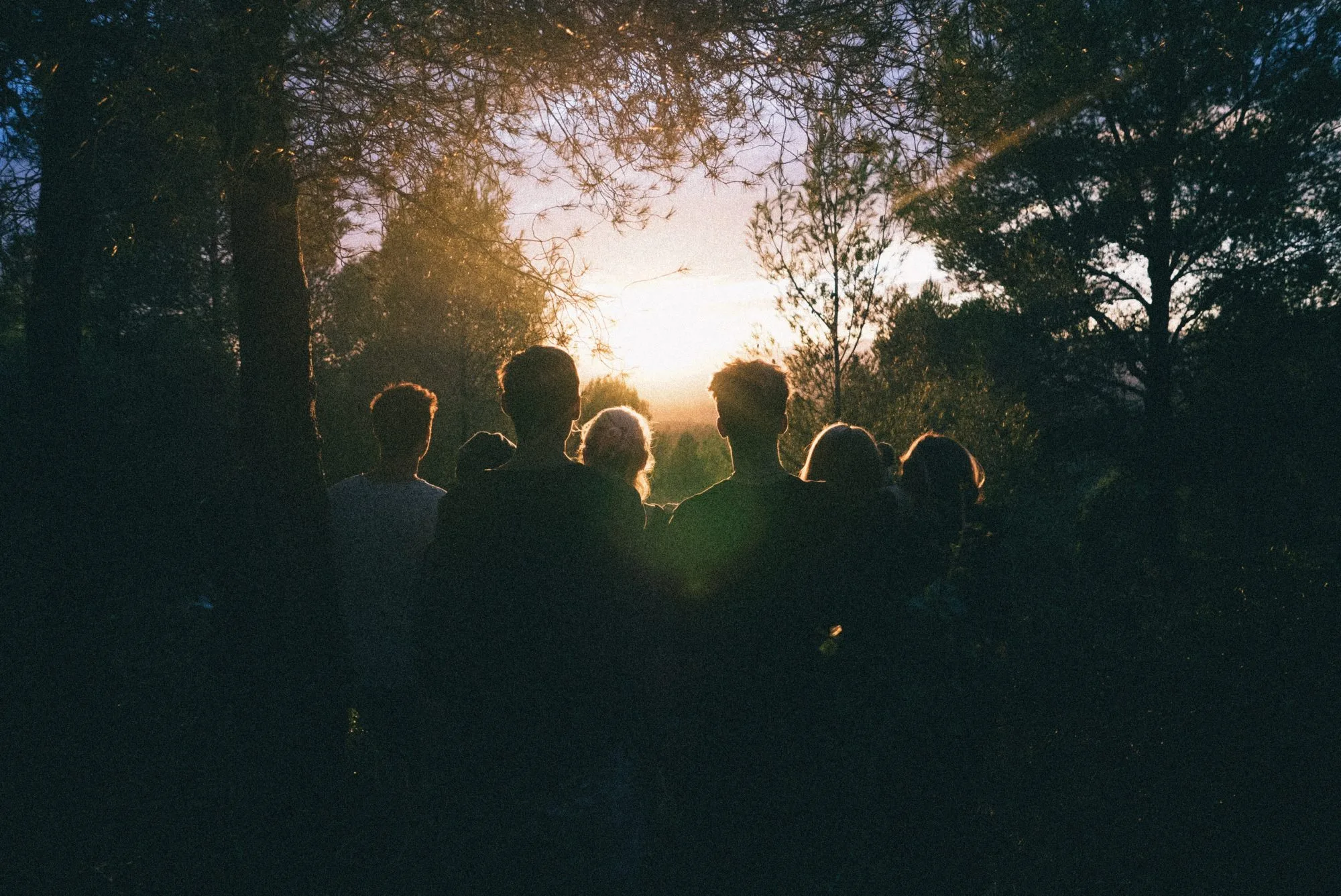According to the UN, by 2050, the number of over 60’s is expected to double – however, when examining the cause of this, scientists are beginning to realize that diet and exercise are not the only factors. A person’s social life may be playing a more important role than anyone initially thought.
In the latest episode of Vital Signs with Dr. Sanjay Gupta on CNN International, the program hears that science is showing our social lives are just as important to living a longer life. The program reports from Tiana in Sardinia, Italy, which is home to male residents who are 10 times more likely to reach the age of 100 than the rest of Italy. CNN hears that studies are being undertaken in the UK and Italy that examine whether socializing, relationships and avoiding loneliness are directly connected to an increase in life expectancy.
Dan Buettner identified four of the world’s five “Blue Zones”. These are Japan, Costa Rica, Greece and Sardinia, and “Blue Zones” are known by their longevity, and this “measurement” is used to identify villages with demographics like Tiana. Click on the link to discover these places’ biggest secrets to longevity. Vital Signs also heads to a new retirement home in South London which combines one of the UK’s largest care centers with a nursery school. The project is the first of its kind in the country and allows the children to work and play with the residents every day. The project initially began as an attempt to bridge the age divide, but instead has injected a new lease of life into the residents, many of which suffer with advanced levels of dementia, by encouraging them to engage with the children and forgetting their own physical limitations.
Why have studies now moved beyond analyzing diet and health to other, social factors?
Dr Gianni says: “20 years ago everyone was convinced that the explanation was genetic. The Sardinian population is well known for a gap in the genetic background, because we have an isolated population, so we have explored many genetics, but I was disappointed. Now I learnt to move to a broader approach, adopting a multidisciplinary approach.”
Why are researchers considering psychology as just as important as our physical health?
Professor Sarah Harper is from the Oxford Institute of Population Ageing. “What we’re beginning to realize is that it isn’t just food and exercise which is important,” she explains to CNN. “The social world we live in is really important. Social connectivity and healthy friendships both within ones own peers, within a family, between generations. We know that in many ways that can have almost the same effect as living a good life, eating well, not smoking, not drinking too much alcohol.”
What is the impact that this initiative has on the residents and children?
“Children are very non-judgemental,” says Judith Ish-Horowicz, the founder of the Apples and Honey Nightingale intergenerational nursery. “They’re very accepting and they’re also very interested and very creative. They see things often from rather quirky directions. The children, because of their stories, because of their experiences and their memories of meeting and playing and talking and sharing with the residents here, they’re going to keep the memories of those residents, many of whom have not got other children to keep their memories alive.”
For the most important lessons we can learn from our grandparents.
(Ed’s note: Previously we reported Doctor Gianni Pes coined the term “blue zones”. We’ve amended this to be factually correct. Dan Buettner identified four of the world’s five “blue zones” and his findings. His findings originally appeared in his National Geographic cover story, and he also wrote a book on it.)





![women [longevity live]](https://longevitylive.com/wp-content/uploads/2020/01/photo-of-women-walking-down-the-street-1116984-100x100.jpg)









